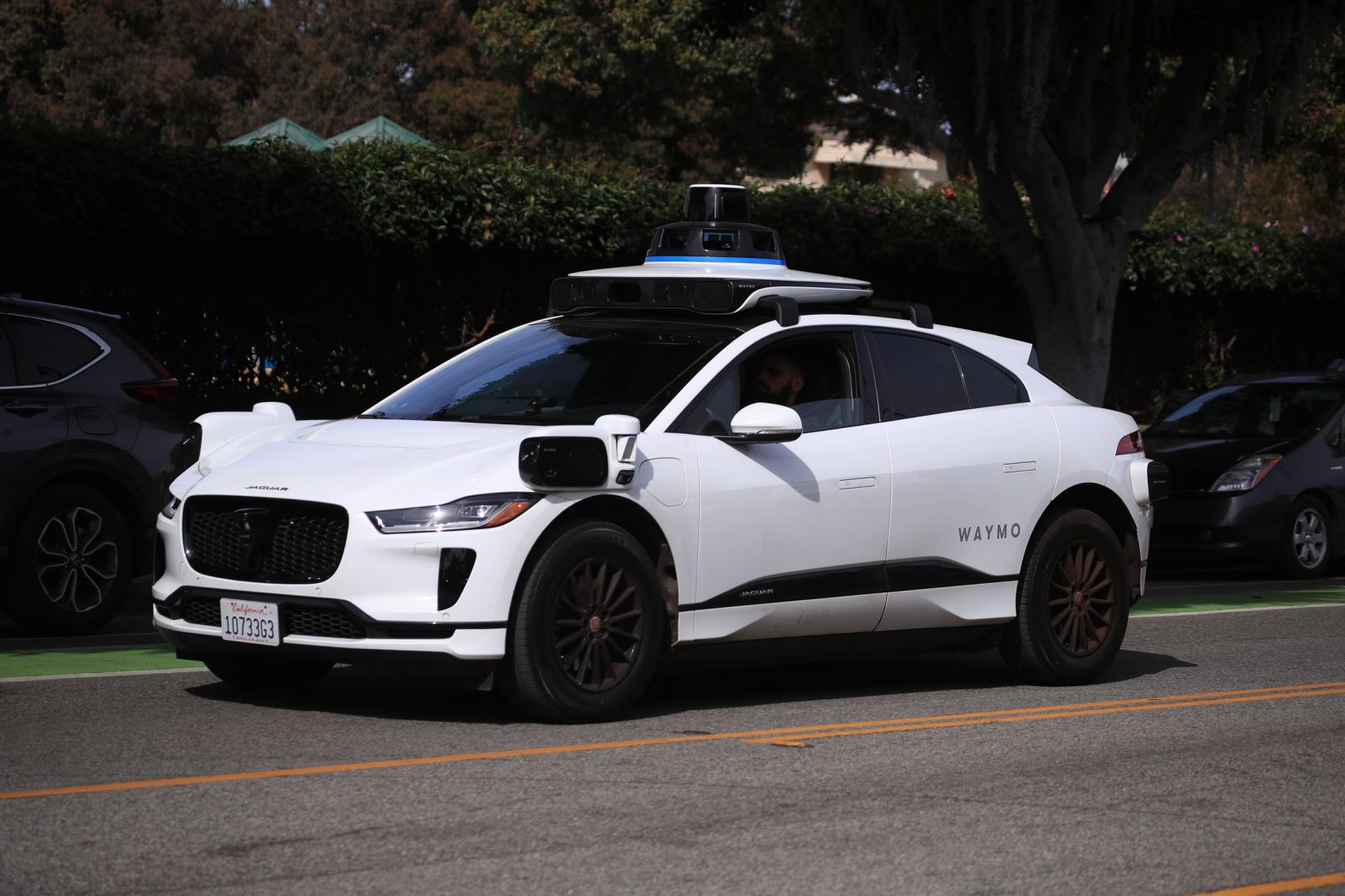/
Waymo is now allowed to drive on highways in Los Angeles and the Bay Area.
Share this story
:format(webp)/cdn.vox-cdn.com/uploads/chorus_asset/file/25314579/1247366716.jpg)
Waymo is now allowed to operate its self-driving robotaxis on highways in parts of Los Angeles and in the Bay Area following a California regulator’s approval of its expansion (PDF) plans on Friday. This means the company’s cars will now be allowed to drive at up to 65mph on local roads and highways in approved areas. In a statement to The Washington Post, Waymo spokesperson Julia Ilina said the company’s expansion will be “careful and incremental,” and that it has “no immediate plans” to extend service to highways.
Last month, the California Public Utilities Commission (CPUC) put the company’s expansion on hold until June “for further staff review,” following protests from several San Francisco city agencies and other groups. Concerns about the safety of driverless robotaxis have grown after several high-profile crashes, such as when a Waymo car crashed into a bicyclist last month and a Cruise vehicle struck and dragged a pedestrian 20 feet in October last year.
Now, CPUC has concluded that that Waymo has shown its “attention to continuous evaluation and improvement of its technology, safety practices, and aspects of its operations involving humans … that minimize risk of driverless passenger service operations” in expanded areas. The decision gave Waymo permission to start its expansion immediately.
CPUC wrote in its decision that it had denied a request from the Los Angeles Department of Transportation (LADOT) for evidentiary hearings on “disputed facts,” because it hadn’t “identified material disputed facts that would be resolved through formal hearings.” The LADOT also asked that CPUC wait until a California law, Senate Bill 915 — which would give cities more regulatory sway over robotaxis — is settled, but CPUC called that and other arguments “outside the scope of staff’s delegated authority.”
Several groups writing to CPUC in support of the expansion “generally highlighted the potential safety, accessibility, economic, and environmental benefits” of Waymo’s service, according to the commission. Some still had concerns, like the American Council of the Blind, which said CPUC shouldn’t approve Waymo’s request without “beginning the process” of instituting new safety and accessibility standards. The commission refused, calling this and other regulatory issues “matters of broader AV policy.”
